
Whistleblowing Directive Implementation
The EU Whistleblower Directive, mandatory for organisations with more than 50 employees, is a pivotal piece of legislation designed to protect individuals who report breaches of EU law. It establishes minimum standards for reporting mechanisms and safeguards against retaliation for whistleblowers across the European Union, thereby bolstering Environmental, Social, and Governance (ESG) principles. This directive underscores transparency, accountability, and responsible conduct, aligning with broader ESG objectives to promote sustainable and ethical business practices across the European Union and beyond.

The EU Whistleblower Directive, formally known as Directive (EU) 2019/1937, is a significant legal framework adopted by the European Union to enhance whistleblower protection and encourage reporting breaches of EU law.
Reporting Channels Under the EU Directive

This directive introduces several key provisions, including:
- Scope: The directive covers many areas where EU law applies, including public procurement, financial services, product safety, environmental protection, public health, consumer protection, and more.
- Reporting Channels: Member states and certain private entities must establish secure and confidential reporting channels for whistleblowers. These channels must be easily accessible and capable of handling reports effectively.
- Protections: The directive prohibits retaliation against whistleblowers, including dismissal, demotion, harassment, and discrimination. It also requires member states to provide effective remedies for whistleblowers who experience retaliation.
- Confidentiality: Whistleblowers’ identities must be kept confidential throughout the reporting process unless disclosure is necessary for investigation or legal proceedings.
- Follow-Up: Once a report is submitted, the relevant authorities or organisations must acknowledge receipt and provide feedback to the whistleblower within a reasonable timeframe.
Reporting Process Under the EU Directive

Under the EU Whistleblower Directive, organisations must establish secure and confidential reporting channels for whistleblowers. The reporting process is designed to ensure the protection of whistleblowers and the effective handling of reports of wrongdoing.
The experience of ECOVIS ProventusLaw includes the following
News
Knowledge without experience is of little use. Therefore we are proud of having our own valuable experience to share with you.


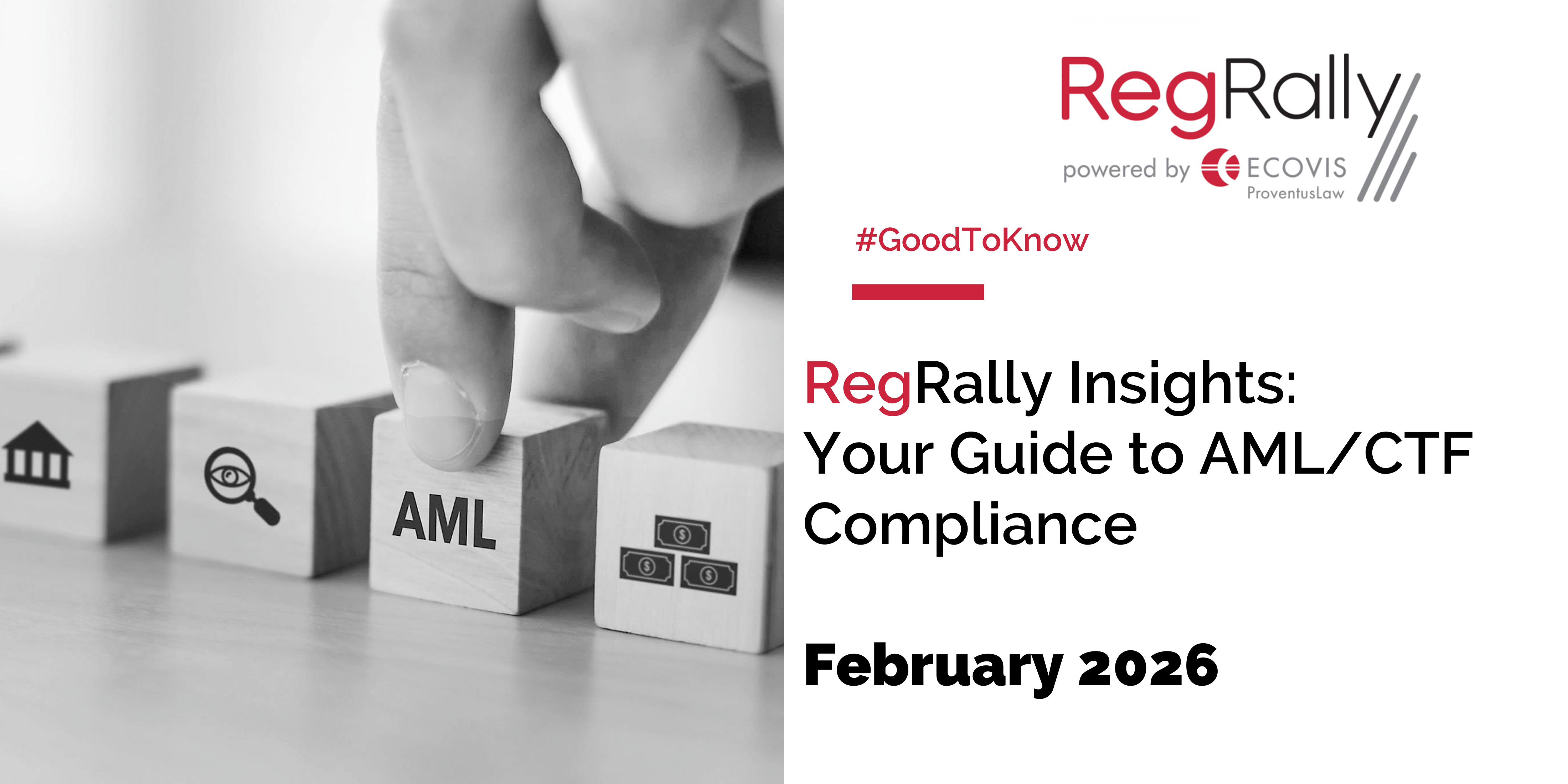
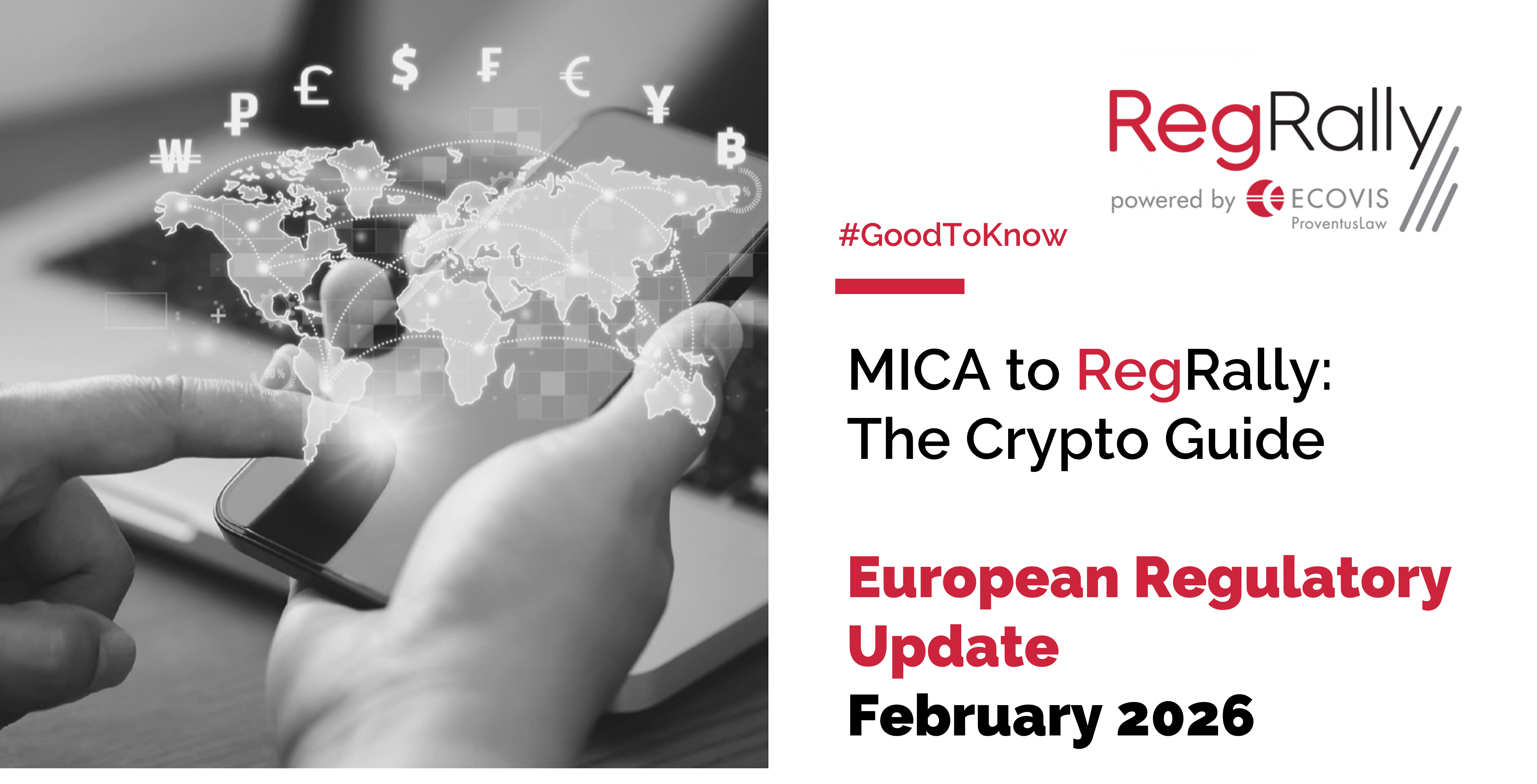

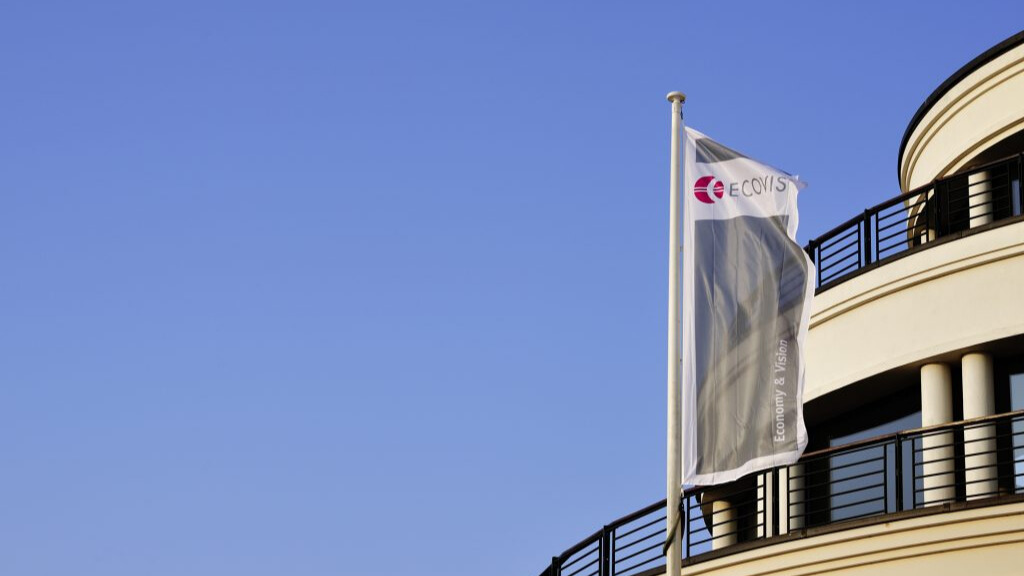
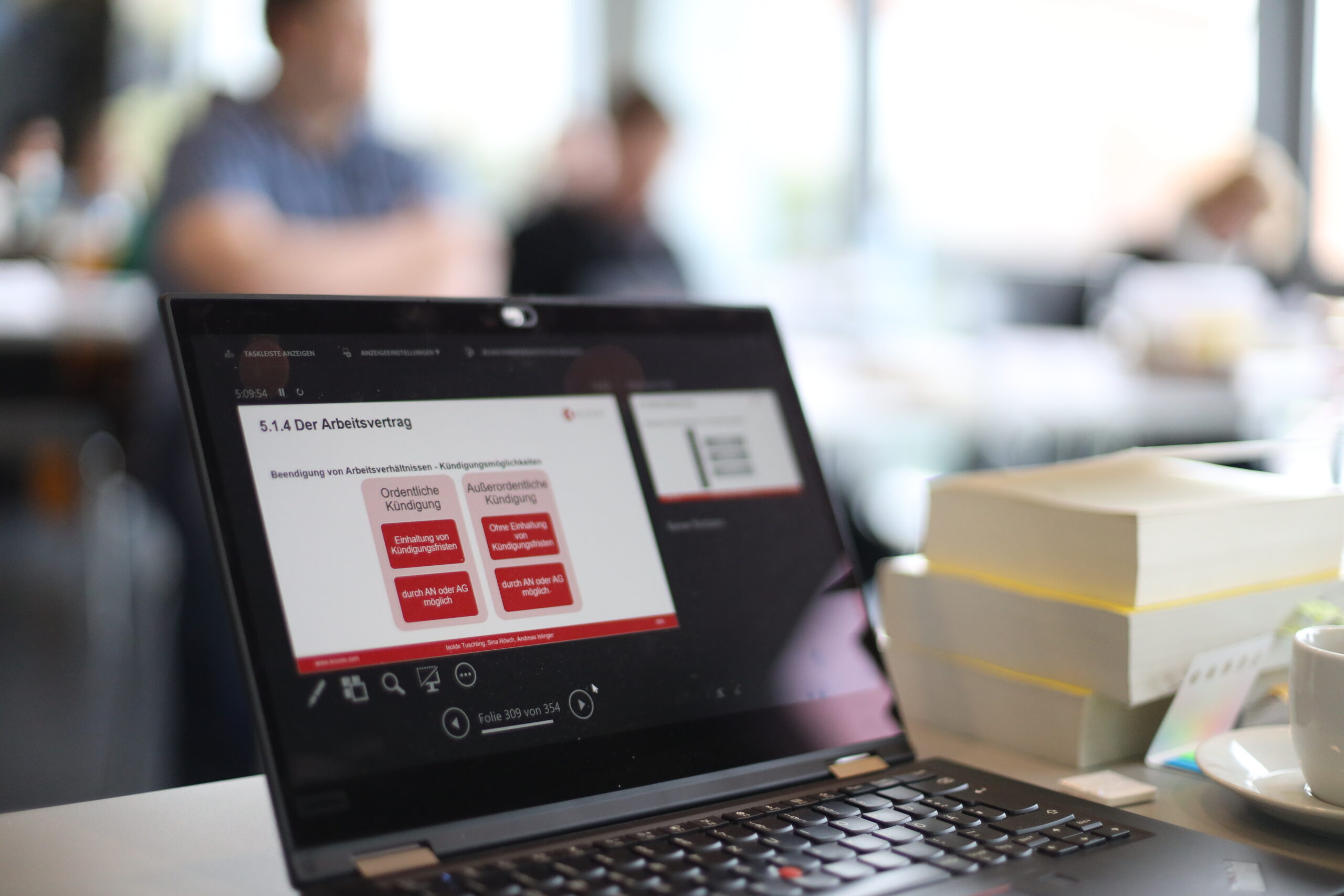

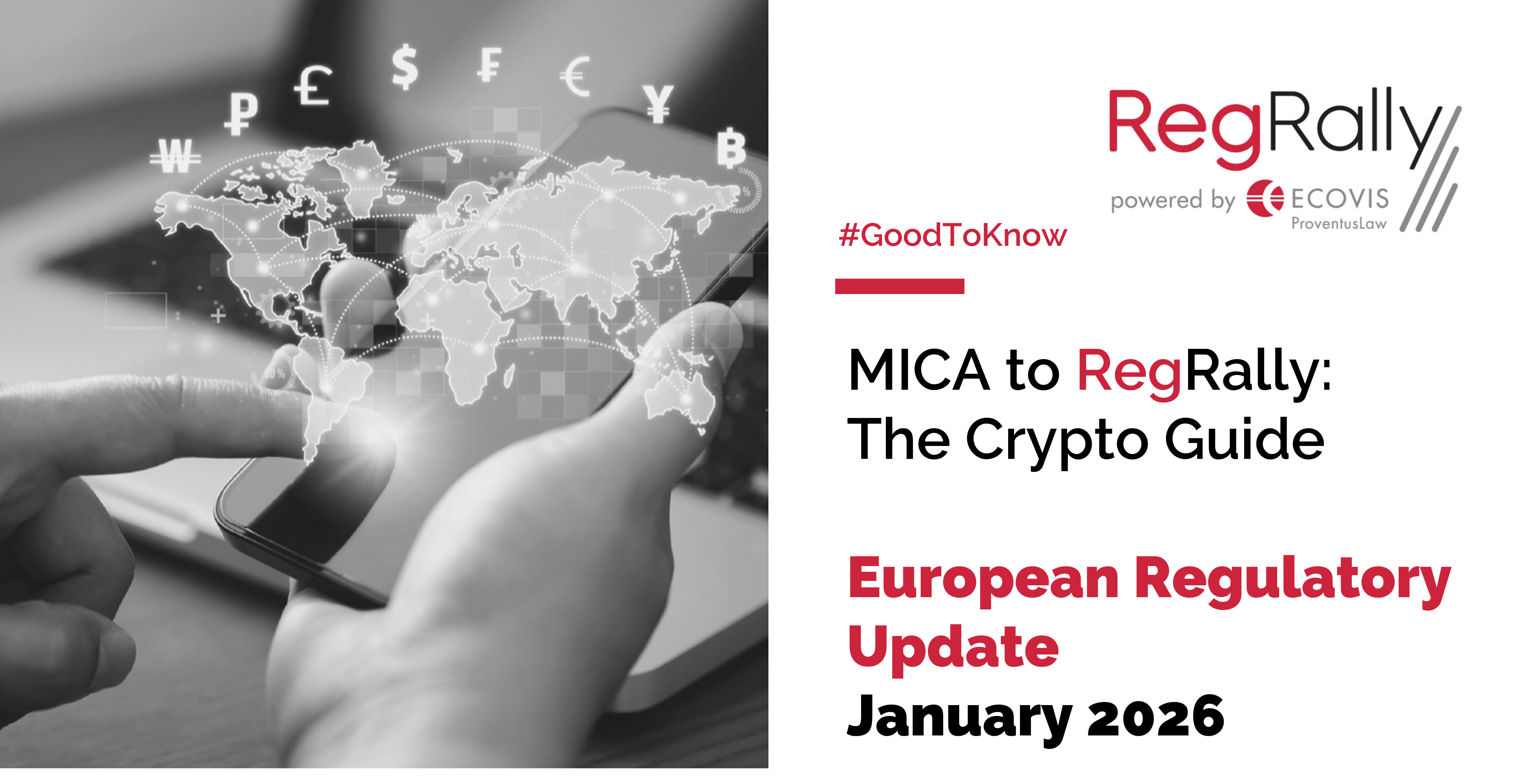
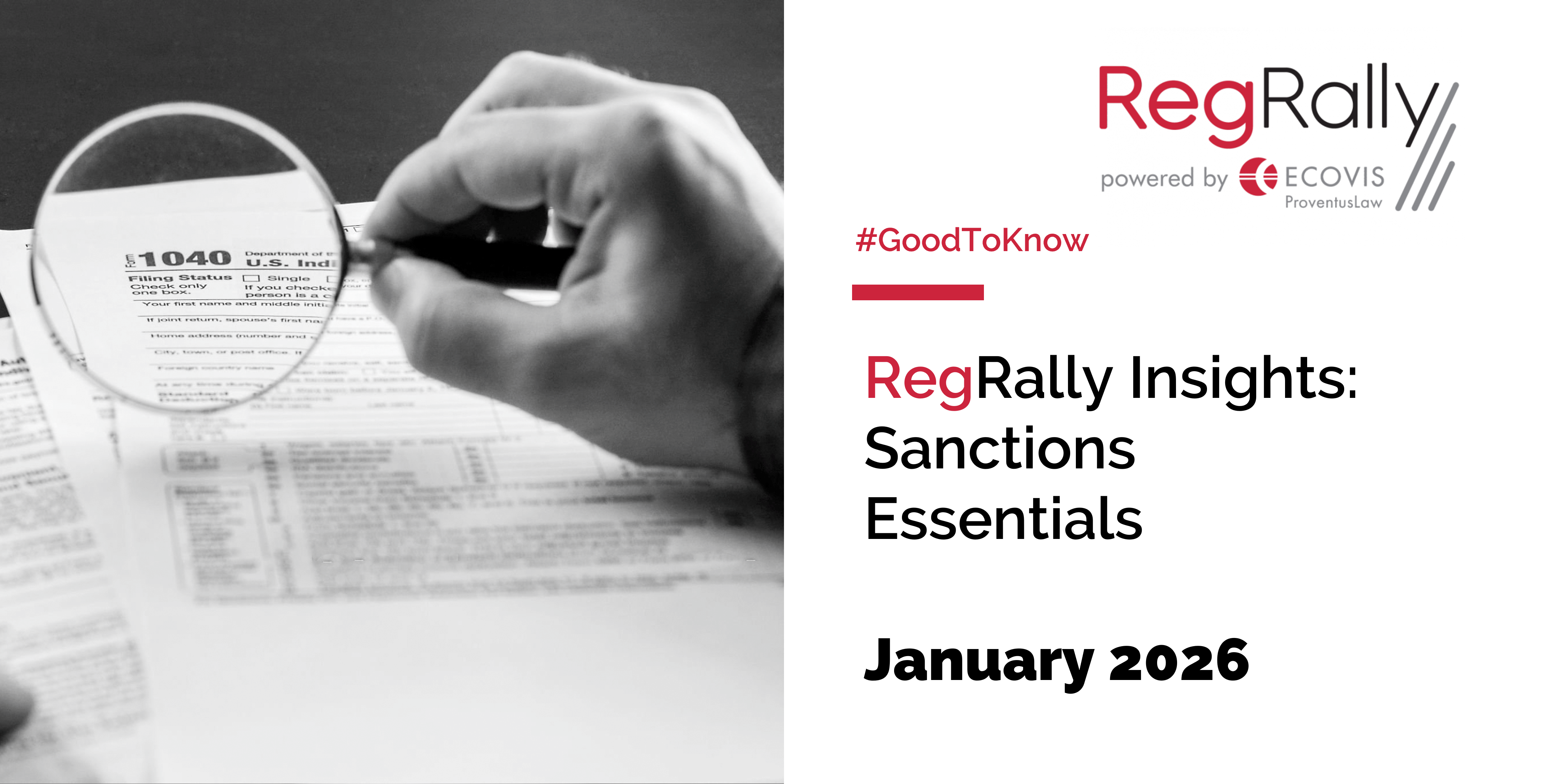
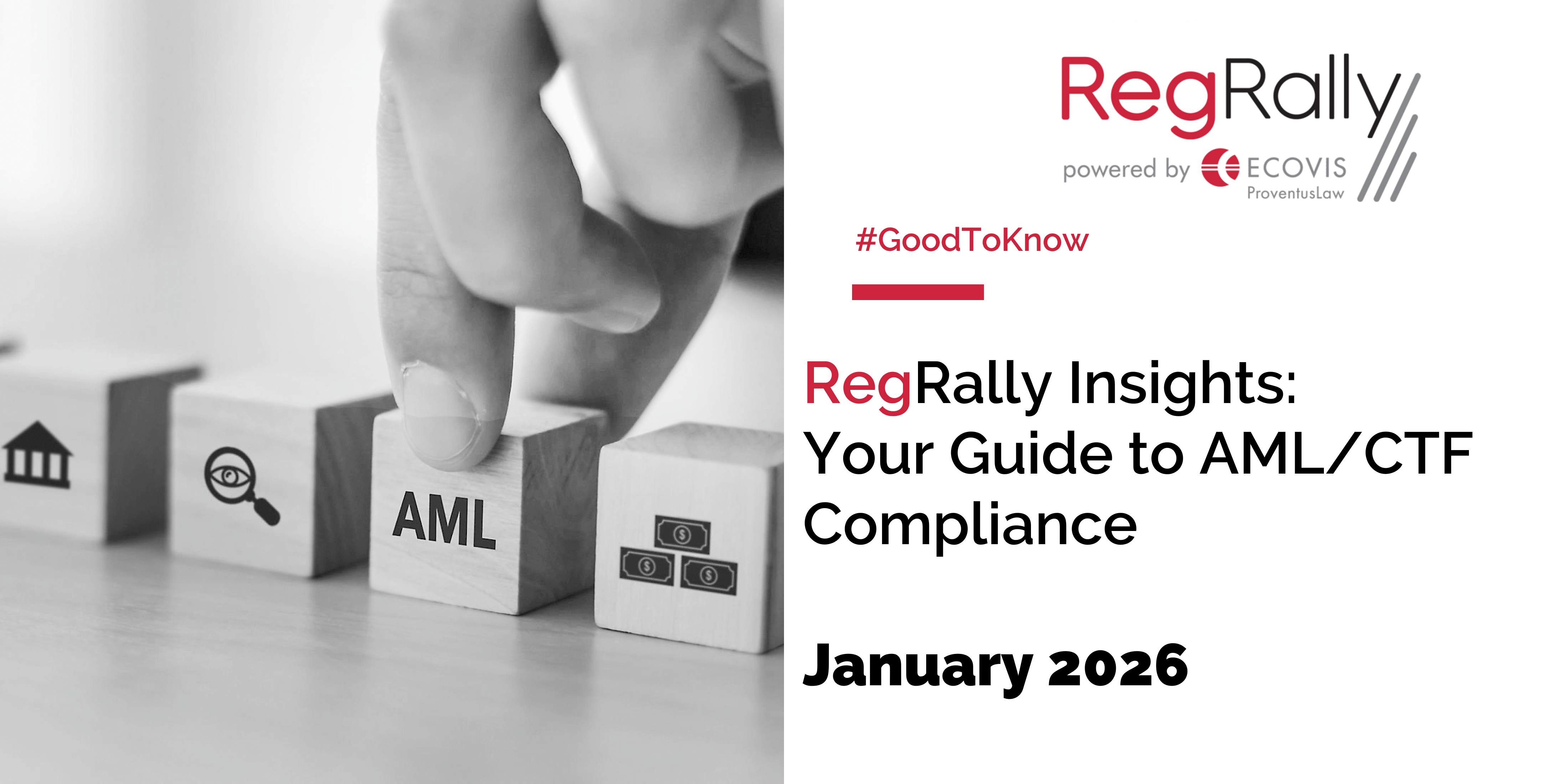
 Newsletter Subscription
Newsletter Subscription